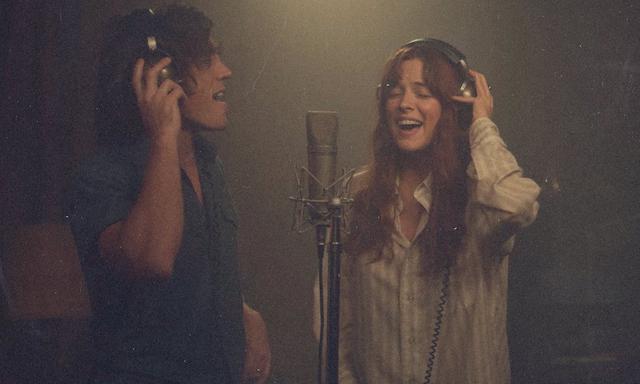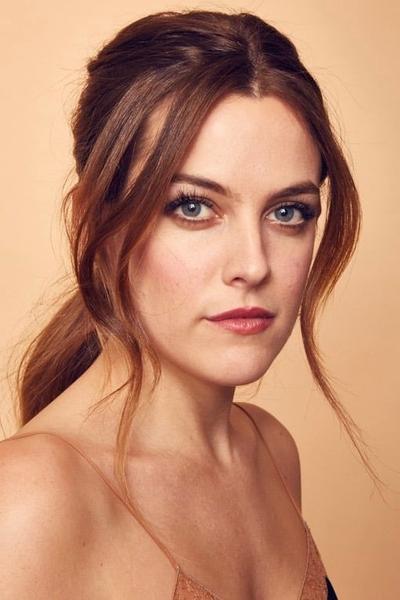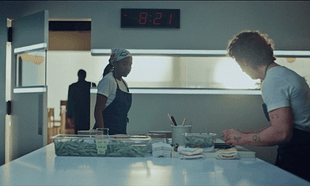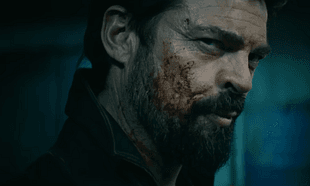Lester Bangs, a pioneer of rock music criticism who probably would have had a few things to say about Daisy Jones and the Six if they were a real band, argued that the main reason we listen to music is to hear passion expressed. He questioned what we were destroying or keeping down in doting on what he called "art that is emotionally neutral". For a series that's supposed to be about the passions and pains of a soft rock group in '70s California, 'Daisy Jones and the Six' feels algorithmically dispassionate.
The costumes are pulled from grainy polaroids on an Instagram discover page. The songs are just familiar enough to make their way on to a Spotify playlist of yacht rock and '70s rock radio classics. The cast is attractive and young enough to carry off their endless sexual escapades and misadventures with the confidence and ease that comes from being attractive and young enough. The whole thing is bathed in a hazy glow, complete with intercuts of 16mm footage, chasing beautiful people around sun-dappled beaches and groves, fairy lights hanging off from trees, and Todd Rundgren's 'I Saw The Light' playing wistfully in the background.
You're never more than two minutes away from a cliche in 'Daisy Jones and the Six', where characters rattle through drugs and rehab, sex and love, and always trying to make the music sound better because music's everything, man. Sam Claflin and Riley Keough both look the part, Claflin radiating tortured frontman vibes while Keough sashays across the stage in chiffon exactly like Stevie Nicks circa 'Rumours'. In fact, 'Daisy Jones and the Six' is essentially like feeding the production tales of Fleetwood Mac's discography into ChatGPT or some other AI-generative machine and it firing back something vaguely familiar, but twisted just enough so that it passes online automatic copyright strikes.
What's particularly galling about 'Daisy Jones and the Six' is how it constantly grasps for verisimilitude by intercutting every episode with a painfully staged retrospective documentary interview with all of the players, all of them in questionable wigs and flecks of grey, all of them now older and wiser and gleefully talking about their adventures in the kind of condescending tone that these things generally go. Each of the interviews, be it with Sam Claflin's character or any of the other band members like Suki Waterhouse as a Christine McVie stand-in, have such a painfully insincere ring to them.
The overarching story itself is just as phoney and tired. A band that has the world by the short and curlies, but loses itself to its own foibles and interpersonal drama? Right away, that's the plot of 'The Commitments', 'Almost Famous', 'That Thing You Do' and a dozen other real-life musical biopics, but with more emphasis here on the scandalous nature of their relationships. The series spends episodes teasing out the dynamic between the two leads in Claflin and Keough, both of them circling one another creatively and romantically, before anything happens - yet when it does, it's exactly as you'd guess.
Even though there's care and diligence to getting the costumes right, getting the look just so, arranging the music so that it sounds just familiar enough, 'Daisy Jones and the Six' never once touches on anything like a point. There's no grit, no emotional reality, and no real turmoil that doesn't feel overly staged and designed for maximum effect. Instead, it just grinds its way through to the middle, feigning a sincerity that it hasn't got and flaunting an authenticity that it hasn't earned.





















































































